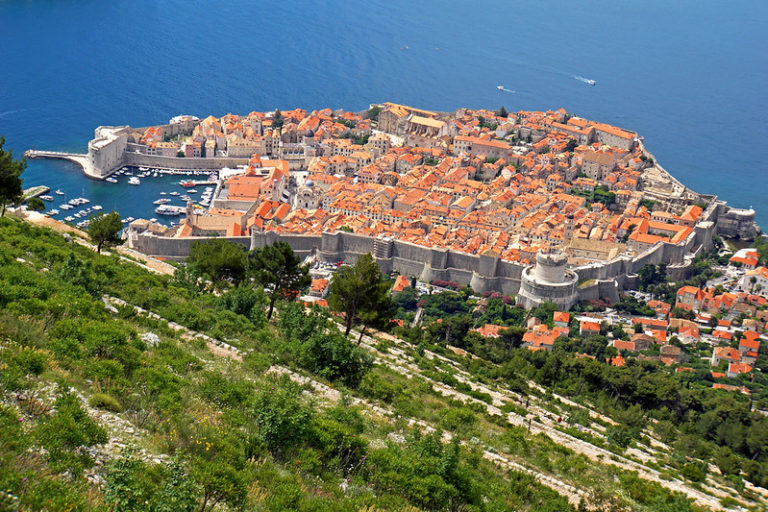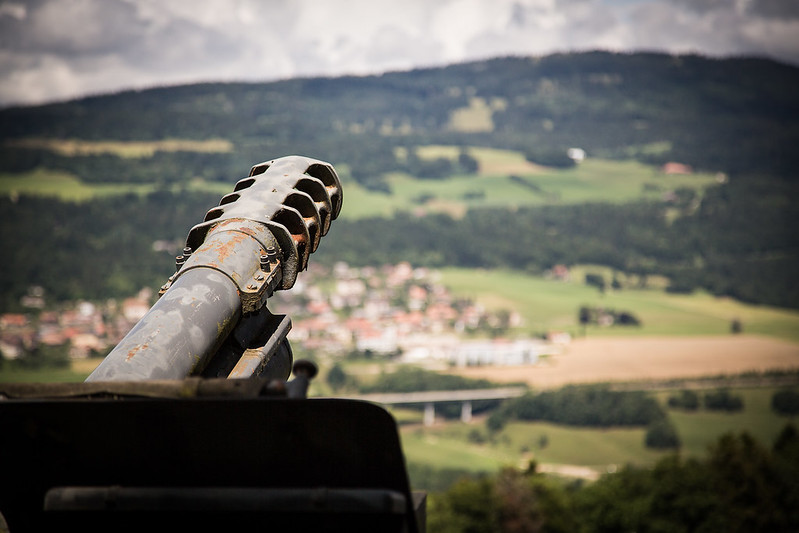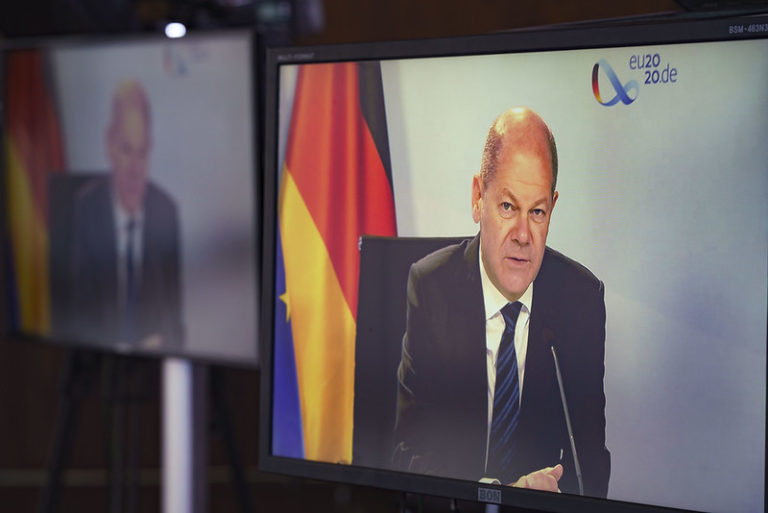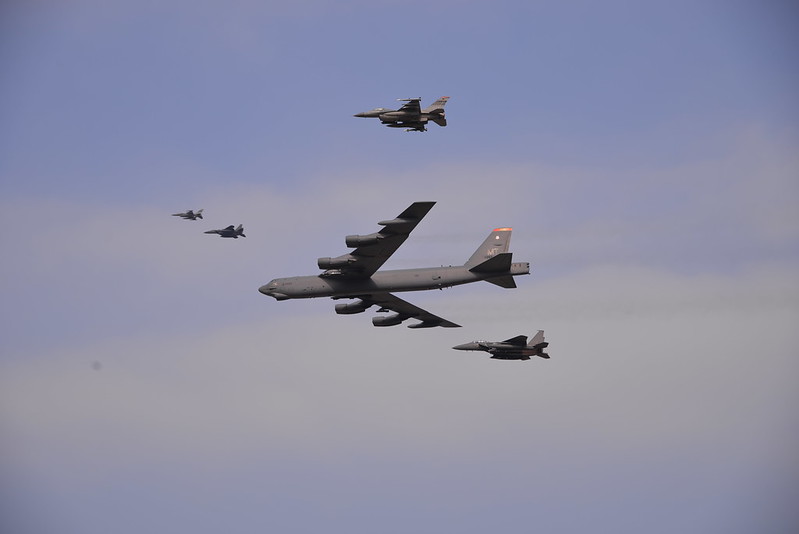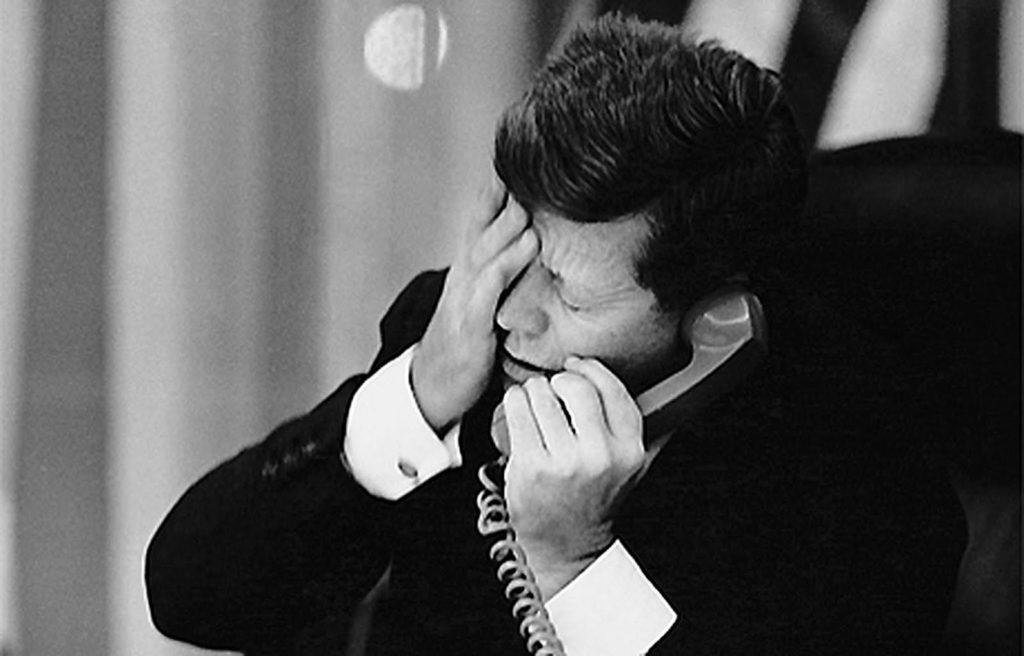Letter from La Vigie dated 21 FEB 2024
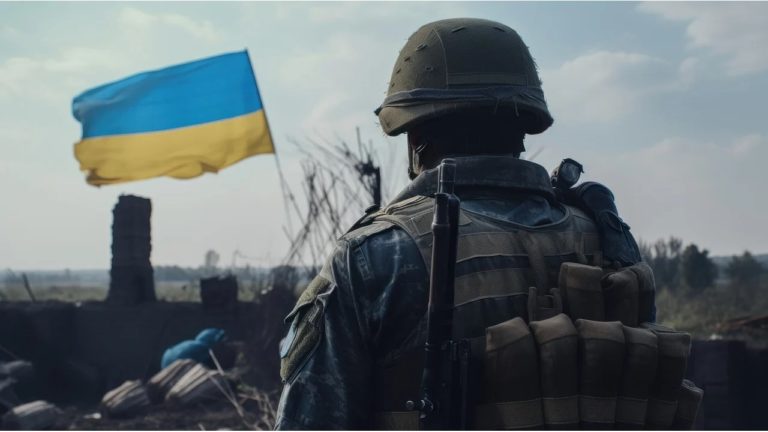
Italian twin
La Vigie continues its tour of France’s land borders with a look at Italy. The country has opted for multilateralism, but is currently suffering from a lack of strategic vision at a time when all landmarks are disappearing: France shares this moment of uncertainty, and our interests may well converge.
To read the article, click here
Ukraine: two years on
The war in Ukraine began two years ago. After recalling the main phases of the conflict so far, La Vigie takes stock of the situation from the Russians, Ukrainians, Americans, Europeans and French.
To read the article, click here
Lorgnette: The return of war
In 2023, the number of wars and casualties rose to levels not seen since the end of the Cold War. While the second half of the 20th century saw a decline in the number of wars and armed conflicts, over the last few months these have been on the rise again, both in terms of numbers and victims.
2023 has counted nine major wars around the world, taking place in the Sahel (1,418 deaths in Burkina Faso alone in 2022), Somalia, Sudan (since the start of the war in April 2023, there have been 6 million displaced persons and already 9,000 deaths), Burma, Ukraine (it is plausible that each side could exceed 100,000 deaths, mainly in the military), Gaza, Nigeria, Syria and Yemen, three wars that continue to claim large numbers of victims.
And yet these wars are attracting varied attention: while the French public is interested in Ukraine and, to a lesser extent, Gaza, no one is watching Burma, the African conflicts or Yemen. We should be wary, however, of Western centrism, despite its media power. Finally, with rare exceptions, today’s wars are long. They rarely result in clear-cut victories.
JOVPN
Subscribers: click directly on the links to read online or download the pdf issue (here), always with your login/password. New readers: read the article by issue, by clicking on each article (€2.5), or subscribe (discovery subscription €17, annual subscription €70, orga. subscription €300 excl. tax): here, the different options.
Photo credit : Lukas Johnns chez Pixabay here

